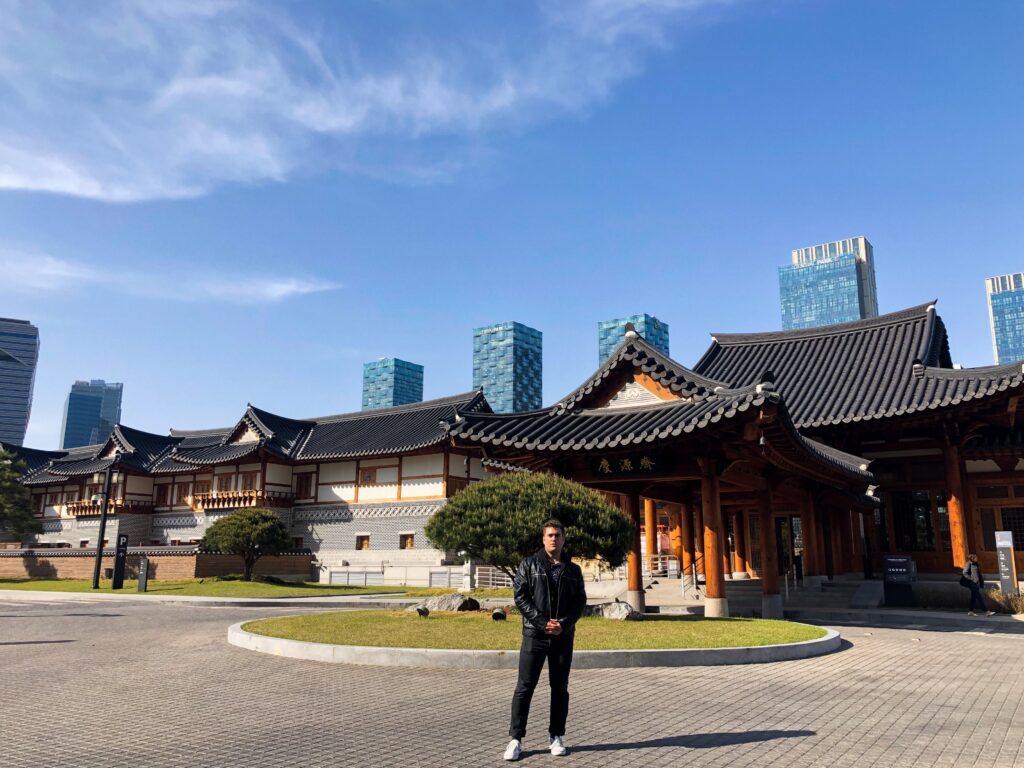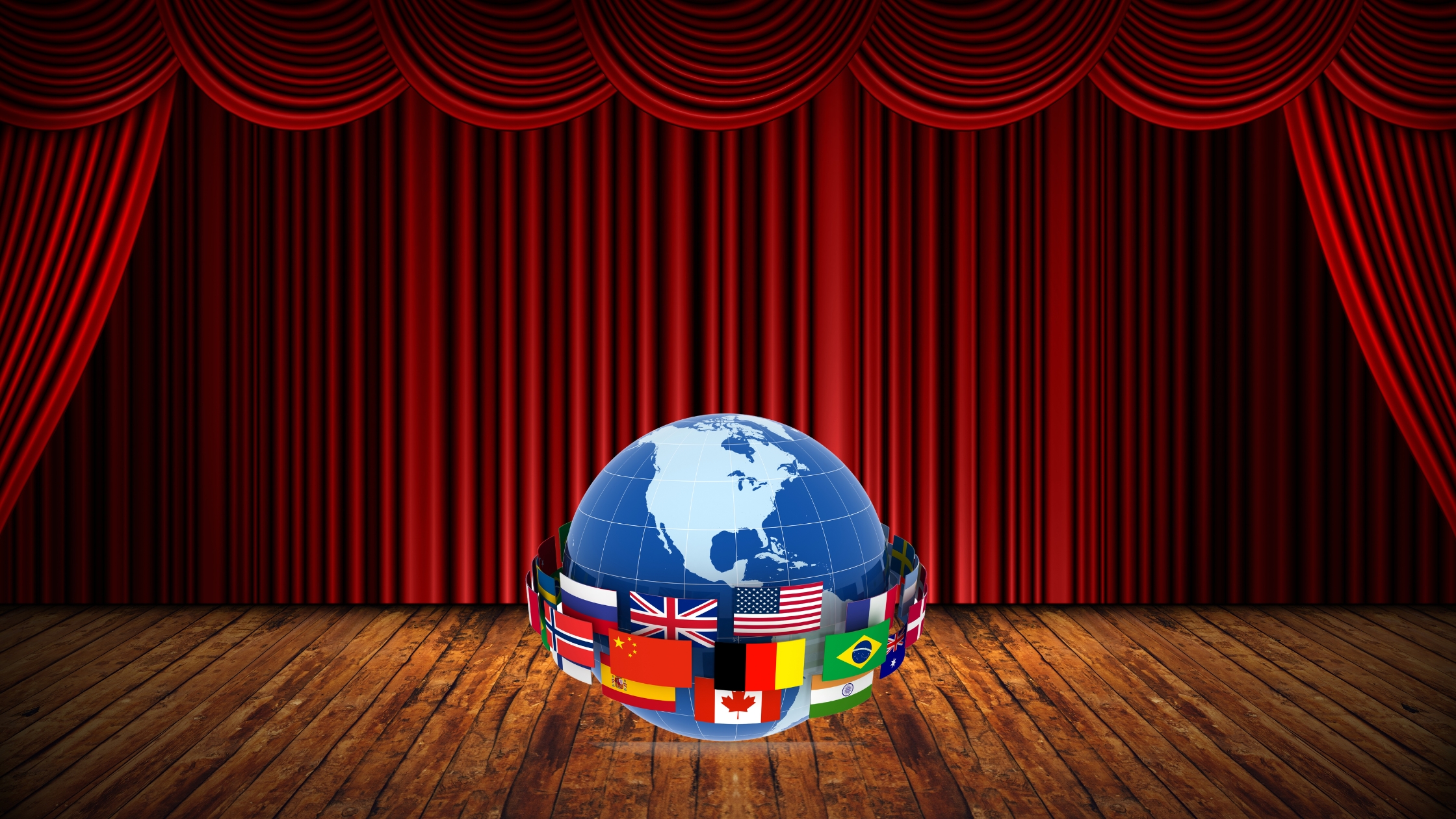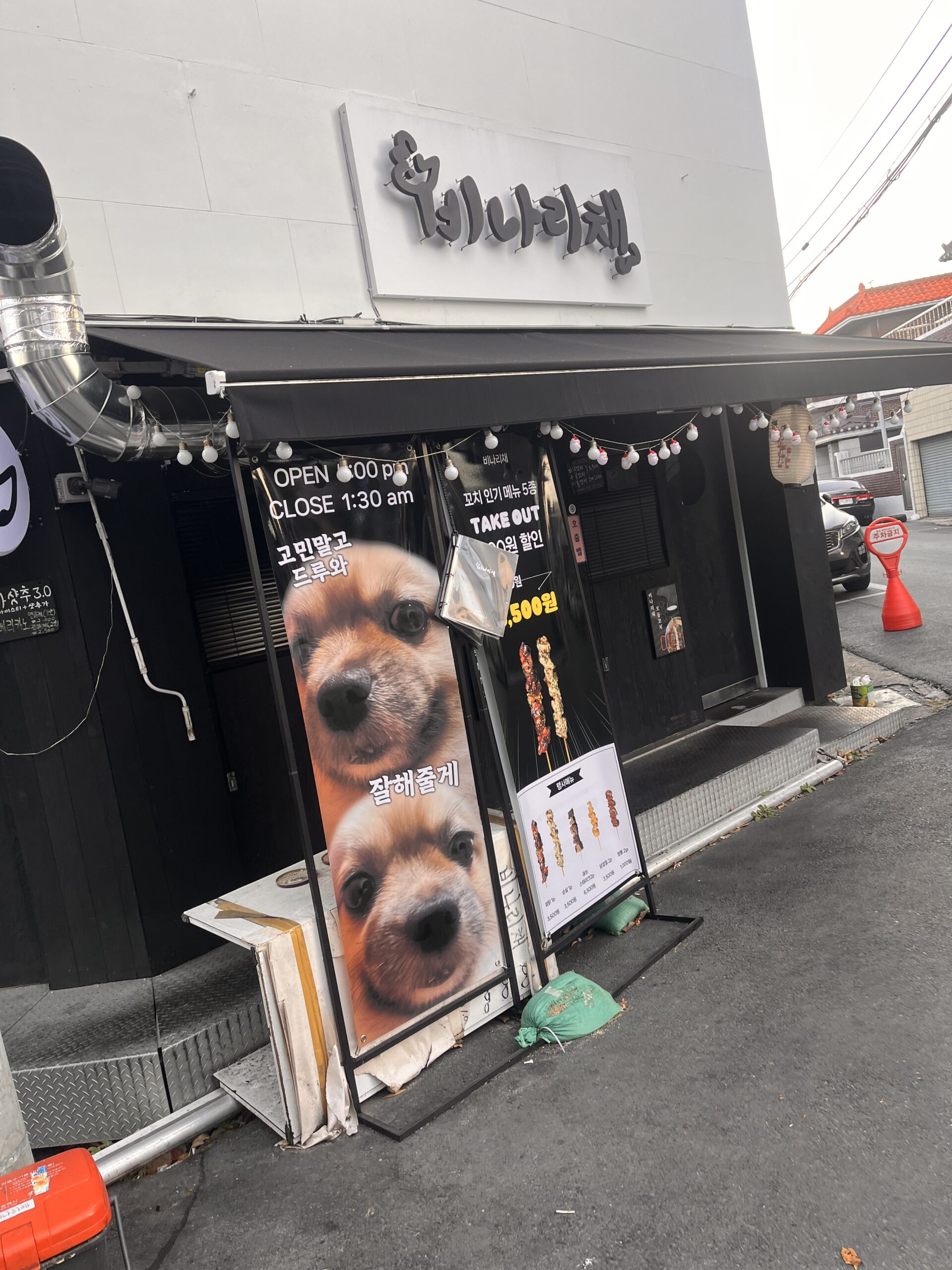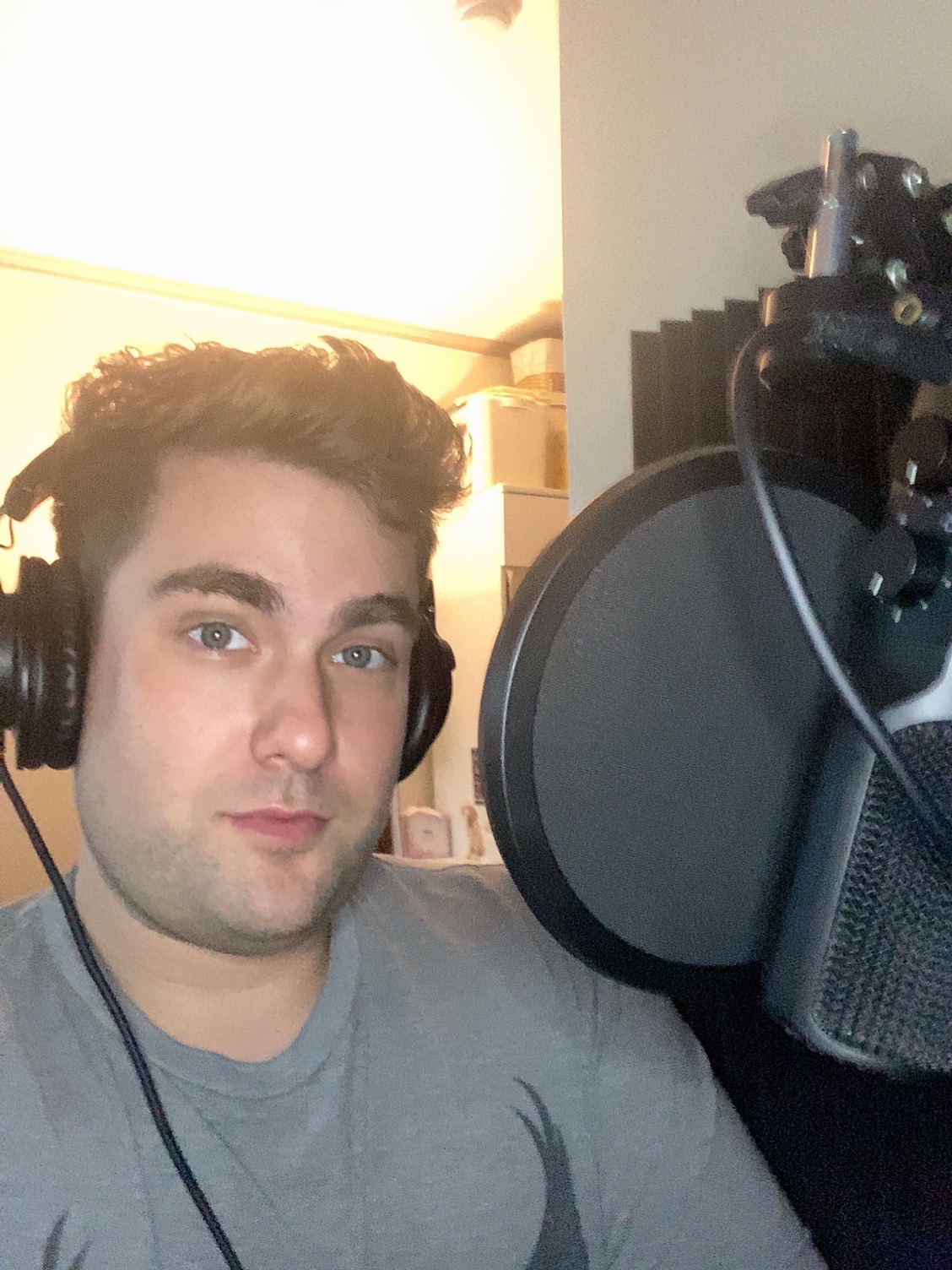If you haven’t yet, check out this post about why I pivoted my acting career for the better, which led me to leave the country for South Korea in 2019.
Timeline of events
October 2018: I dated a Korean girl in Montreal (I was living in Quebec with the old man for a couple of months) who said, “You should teach English in Korea.” Being a simp, I agreed and started my 120-hour TEFL (Teaching English as a Foreign Language) certification and visa process.
January 2019
I completed the visa process and certification and was placed in a school by a recruiting agency.
February 2019
I arrived in Gyeonggi-do (Seoul’s surrounding province) for my first teaching gig with little ones.
March 2019 – August 2019
The brand-new, semi-corrupt school turned out to be run by bat-shit crazy fundamentalist Christians. (On Easter, they presented a slideshow about how to get into heaven. One slide said “eternal pain and suffering,” referring to hell. To five-year-olds.)
August 2019 – March 2020
After quitting that hilarious/terrifying experience, I landed a gig at Seoul’s leading English institute for adults in the financial district—an iconic area featured in many K-dramas.
March 2020
The fake pandemic hit, and the world went mad. I quit because of how crazy things got at the institute. There was no way I was going to be forced into an experimental “vaccine.”
March 2020 – December 2021
I stayed in the country on a job seeker visa because of the fake pandemic and did voice acting gigs to survive before heading back to the USA.
I could go into way more detail about what it was like riding out the plandemic in Korea, but that’s for another post… or a 500-page book.
Key takeaways
So… what was it like living there?
- The English hakwon industry in Korea is big business and mostly run by scumbags (what else is new).
- Korean work culture is ruthless. If you’re not completely on board with everything your boss says—including working late and going out to company dinners (회식)—you’ll face serious disapproval.
- Koreans are overworked and stressed.
- Being a foreigner in Korea means you’re a second-class citizen (yes, even if you’re white and from the USA). Koreans come first—it’s as simple as that.
- Korean infrastructure, especially public transportation, is unmatched by anything the United States will ever have.
- The Korean alphabet (한글) is genius and simple to learn. With focus and dedication, you can learn it in three days. There’s even a national holiday celebrating its invention.
- The use and extent of Konglish makes picking up the language way easier. As a concept, it’s pretty wild.
- The Korean language is mind-bending because the word order is subject-object-verb (e.g., “I the beer drink”) instead of subject-verb-object like in English (e.g., “I drink the beer”).
- Korean fast food (and food in general) is insanely efficient—everything is efficient.
- Customer service is top-notch.
- Tasks like banking, dining, or mailing something don’t take long at all. Everything is hyper-efficient.
- The English on signage here is hilarious. It’s technically correct (in most instances) but awkward and misplaced. It creates what I have dubbed the English uncanny valley.
- Business and apartment building names have weird, arbitrary English names. Also uncanny and funny.
- Korean fried chicken is the best.
- And a million other things too long to mention here.
Mixed Bag
Living in Korea was amazing and infuriating. It was a thrilling romance and a bad breakup. A warm embrace and a cold-hearted slap. A safe haven and an alienating land.
I need to go into more detail about this complicated relationship I have with my second country—my adopted country. But I’m out of time.
Needless to say, my future with Korea isn’t over. We’ll see what’s next.
Keep checking my blog for future details on the topic (like how I’m literally here again visiting as I write this).
Thinking of visiting or moving to Korea?
Drop me a message, and I’ll gladly help answer any questions you have about it.




